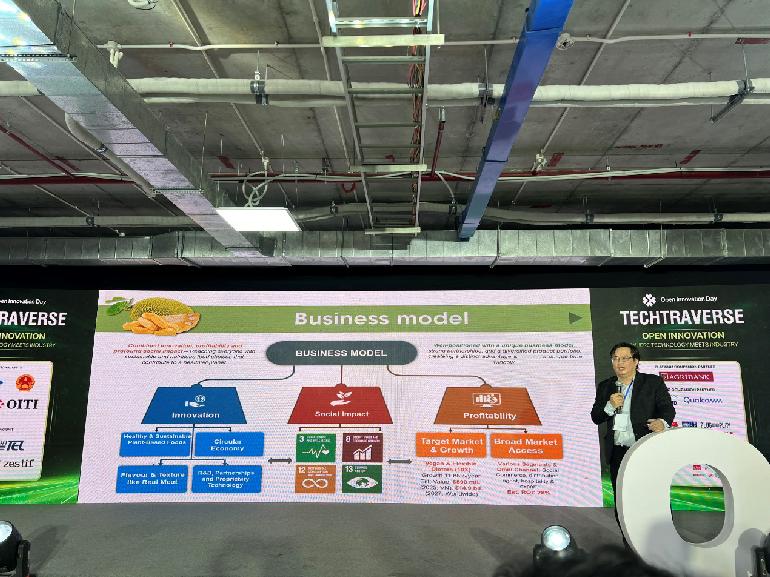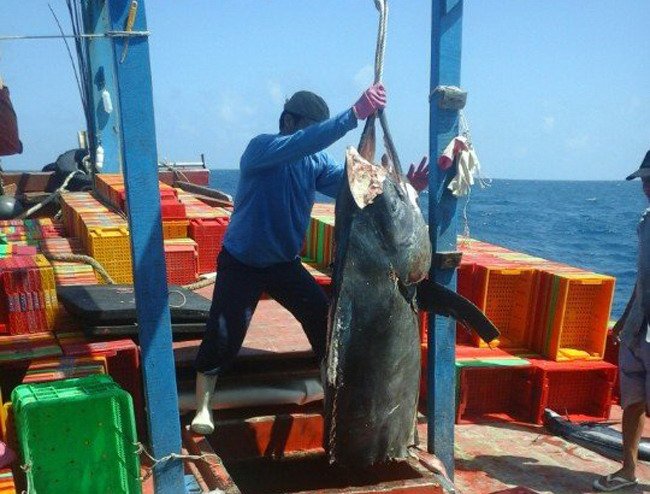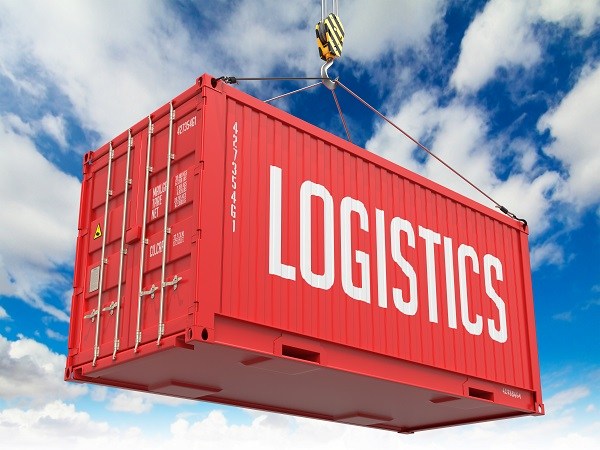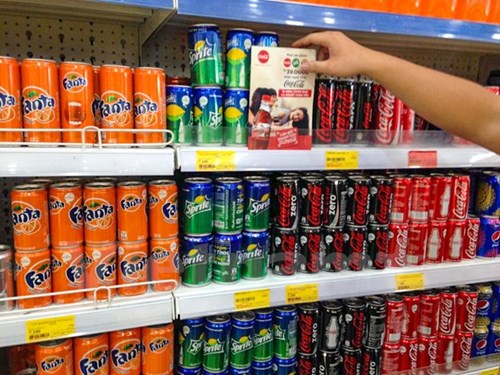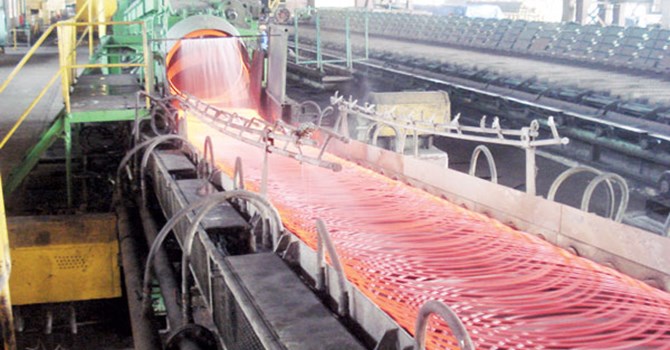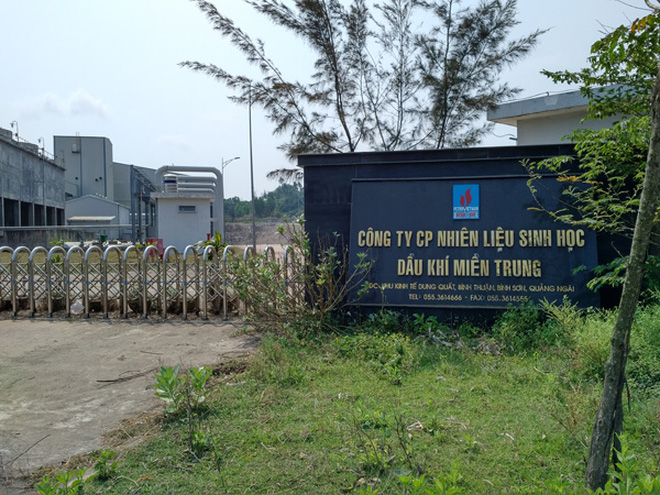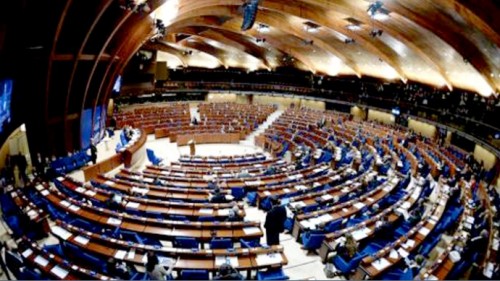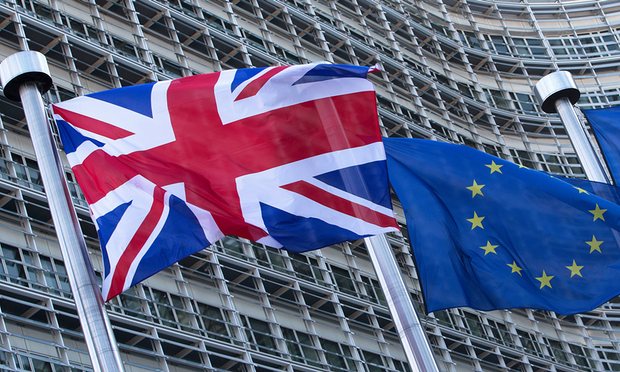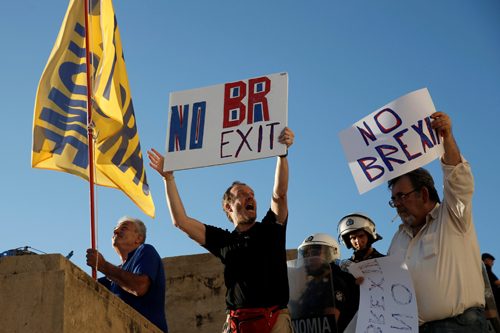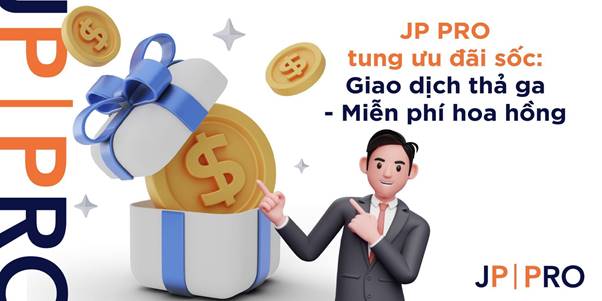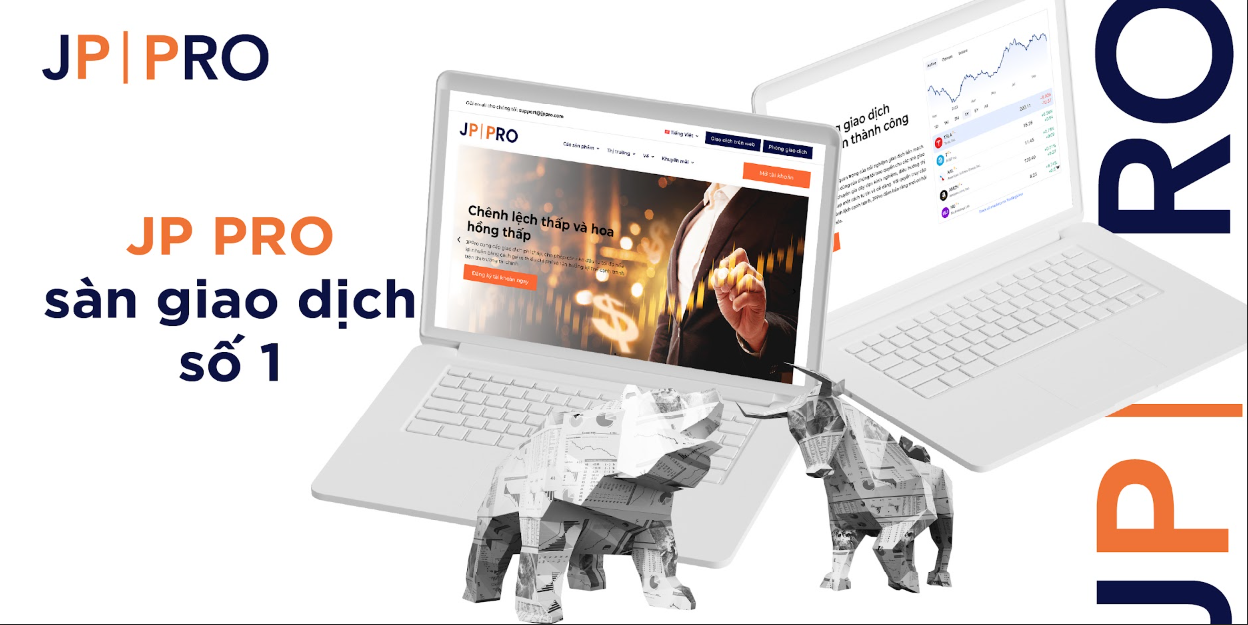Cử tri nước Anh đã bỏ phiếu rời khỏi EU và trở thành quốc gia đầu tiên rời khỏi khối EU kể từ khi thành lập.
Brexit – Nước Anh rời khỏi EU và những tác động đối với ngành thủy sản
Hơn 33,5 triệu người dân Anh bỏ phiếu (khoảng 72%), với 17,4 triệu phiếu đồng ý rời EU và 16,1 triệu bầu ở lại. Tuy nhiên, với đa số phiếu đồng ý rời EU, nhưng không có nghĩa là nước Anh ngay lập tức không còn là thành viên của khối 28 quốc gia EU, mà quá trình này sẽ mất khoảng hai năm.
Tuy nhiên, với việc 52% cử tri Anh bỏ phiếu rời EU, chỉ có 48% cử tri ủng hộ Anh ở lại EU, Thủ tướng David Cameron ngay lập tức tuyên bố từ chức. Ông Cameron đã kêu gọi người dân bỏ phiếu ở lại EU, nhưng đã thất bại, ông sẽ từ chức vào tháng 10. Người thay thế ông Cameron sẽ phải thực hiện các cuộc đàm phán với EU theo Điều 50 của Hiệp ước Lisbon.
Không ngạc nhiên, khi Brexit đã gây ra biến động lớn đối với nước Anh và toàn thế giới. Nhiều ngành công nghiệp biến động mạnh. Ngành thủy sản sẽ bị ảnh hưởng lớn bởi cuộc bỏ phiếu này, hiện nay vẫn là quá sớm để suy đoán có hay không lợi ích nó sẽ mang lại trong tương lai.
Trong thời gian chuẩn bị để trưng cầu dân ý, Bộ trưởng Bộ Thủy sản Anh – ông George Eustice mong muốn ngành khai thác thủy sản sẽ phát triển bền vững lâu dài, được phân bổ công bằng hơn trong hạn ngạch và khai thác thủy sản.
Ông Eustice tin rằng, sự rời khỏi EU sẽ giúp ngành thủy sản Anh thoát khỏi sự kiểm soát của EU và Anh có quyền tự đàm phán, chứ không phải phụ thuộc vào một nhà đàm phán EU để xuất khẩu hàng hóa.
Bộ trưởng cũng cho rằng, khởi đầu bằng việc tạo cơ hội cho Anh thiết lập lại quyền kiểm soát quốc gia đối với 200 hải lý, đưa đất nước vào vị thế tốt hơn, chiếm thị phần lớn trong xuất khẩu thủy sản.
Ông nói rằng, trước đây phân bổ hạn ngạch khai thác cá ở biển Celtic không công bằng, Anh chỉ được phép khai thác 800 tấn, trong khi Pháp được phép khai thác 5.500 tấn và Pháp cũng được phép khai thác nhiều gấp ba lần so với Anh trong khu vực Eastern Channel.
Rời khỏi EU đã mang lại cho nước Anh quyền kiểm soát trong vùng từ 12 đến 200 hải lý và được quyền ưu tiên khai thác toàn bộ.
Ông Eustice trước đó đã tuyên bố rằng chính trị sẽ ổn định, Brexit sẽ chiến thắng. Nước Anh vẫn đặt mục tiêu sản xuất ổn định tối đa và sẽ cố gắng loại bỏ việc thông qua các qui định về đánh bắt và được tham gia vào các cuộc đàm phán quốc tế.
Ngành khai thác thủy sản của Anh có thể sẽ tốt hơn, nhưng xuất nhập khẩu thủy sản có thể có biến động khá lớn.
Phần lớn sản lượng thủy sản khai thác của Anh được dành để xuất khẩu. Hàng năm, xuất khẩu khoảng 500.000 tấn, trị giá khoảng 1,5 tỷ bảng Anh. Các thị trường chính là Pháp và Hoa Kỳ, tiếp theo là Tây Ban Nha, Cộng hòa Ireland, Italia, Trung Quốc, Hà Lan và Đức.
Đồng thời, khoảng 70% giá trị thủy sản tiêu thụ trên thị trường Anh được nhập khẩu từ nước ngoài hoặc được đánh bắt bởi các tàu nước ngoài. Nhập khẩu khoảng 650.000 tấn/năm, trị giá 2,5 tỷ GBP.
Tất cả các nước thành viên EU có quyền thâm nhập vào các thị trường đơn lẻ trong khối EU, được miễn thuế xuất nhập khẩu và tự do thương mại, nhưng từ bây giờ Anh cần phải đàm phán các giao dịch thương mại mới.
Ông Mark Carney - Thống đốc Ngân hàng Anh cho biết, sau kết quả trưng cầu dân ý, Anh sẽ mất một thời gian để thiết lập mối quan hệ mới với châu Âu và các nước khác. Một số biến động về kinh tế và thị trường có thể xảy ra sau sự kiện này.
Brexit comes out on top: What does this mean for seafood?
Published on Friday, June 24, 2016
The United Kingdom has voted to leave the EU, becoming the first country to leave the bloc since its formation.
More than 33.5 million British people voted (a 72 percent turnout), with 17.4 million voting for Leave and 16.1 million for Remain. However, the Leave vote does not mean the country immediately ceases to be a member of the 28-nation bloc. That process will take up to two years.
Nevertheless, with the United Kingdom voting to leave 52 percent to 48 percent, Prime Minister David Cameron promptly announced his resignation. Cameron had urged the country to vote to stay in the EU, but Remain’s defeat now means he will leave the job by October. His eventual replacement will have to carry out departure negotiations with the EU and invoke Article 50 of the Lisbon Treaty.
Unsurprisingly, the Brexit has brought considerable uncertainty and market reaction in the United Kingdom, but also throughout the world. What is clear is that many industries are set for considerable volatility. The seafood sector will be particularly affected by the vote, although it’s far too soon to speculate whether or not it will benefit in the long-term.
In the run-up to the referendum, U.K. Fisheries Minister George Eustice made no secret of his desire to see the country break from the bloc, saying it would ensure greater long-term security for the fishing industry and allow it to flourish, mainly by giving it a significantly fairer say in quota and fisheries access deals.
Eustice believed an exit would rid the sector of many ineffective constraints handed down by the European Commission and also bring improved catch packages in many important fisheries by giving the United Kingdom a seat at the negotiation table rather than being reliant upon an EU negotiator to deliver a good deal.
The minister also reckoned that departure would provide the United Kingdom with the opportunity to re-establish national control for 200 nautical miles or the median line, putting the country in a strong position to address the issue of relative stability and argue for a better share of quota allocations in many fish stocks.
In the past, he has cited “unfair allocations” in the Celtic Sea cod fishery where the U.K. allocation was just 800 metric tons (MT) compared to 5,500 MT for France, and France also being allowed to catch three times as much sole in the Eastern Channel compared to U.K. fishermen.
Leaving the EU effectively gives the United Kingdom national control between 12 and 200 nautical miles, and after that all current total allowable catch (TAC) allocations and access rights would be back on the table.
Eustice has previously stated that certain policies would remain in place should the Brexit vote win. For example, the country would still target maximum sustainable yield (MSY), it would continue trying to end the practice of discarding through the Landing Obligation, and it would still participate in international negotiations.
While the fishing industry may be better off, there will be considerable uncertainty about the country’s seafood exports and imports.
A large proportion of the country’s domestic catch is exported because it achieves a higher value in foreign markets. Annually, these exports equate to around 500,000 MT worth around GBP 1.5 billion. The main markets are France and the United States, followed by Spain, the Irish Republic, Italy, China, the Netherlands and Germany.
At the same time, approximately 70 percent of the seafood value that enters the U.K. supply chain is imported from abroad or landed by foreign ships. These imports amount to around 650,000 MT worth GBP 2.5 billion.
Because all EU member states have access to the single market, there are no tariffs, quotas or taxes on trade and the free movement of goods, services, capital and people. The United Kingdom now needs to negotiate a raft of new trade deals.
Indeed, the Bank of England Governor, Mark Carney, said following the referendum result that it would take some time for the United Kingdom to establish new relationships with Europe and the rest of the world.
Some market and economic volatility can be expected as this process unfolds, he said.
Nguồn: VITIC/ seafoodsource.com/Vinanet








